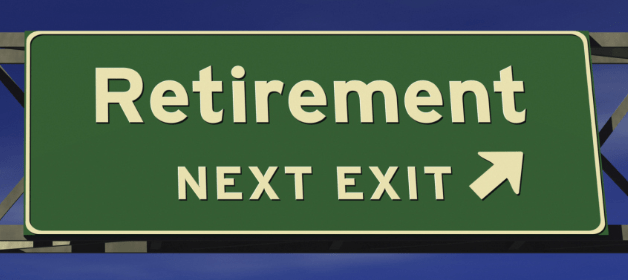The Answer – it depends.
How to Decumulate well is both an art and science. In the first two blogs on the topic of decumulation we talked about why planning is an ongoing process and identified some of the biggest financial challenges faced in decumulation during retirement. This third article will outline four important basics for decumulating wealth well.
1. Maximize Government Programs
The rule of thumb that says “take your CPP as soon as you can” no longer holds true. With the changes to the CPP and OAS bonus and CPP penalty rules, there are many ways to optimize your government plans. Some things to consider:
- Your Health – we talked about this in a previous blog. If your health is poor, you may wish to consider taking CPP early.
- Your employment status – if you are still working we almost always recommend waiting to take your government plans.
Consider this: If I told you I had an investment that would guarantee you an increase in your annual retirement income by 8.4% per year for every year you wait to take it…and when you do take it it would increase your annual retirement income at the rate of inflation. Would you wait? I would. Over 5 years that is a 42% increase in your retirement pension. For this reason, it is worth considering withdrawing other investment assets earlier and waiting on the government pension depending on your life circumstances and what your end goal is.
There can be significant complexity in these options, it is wise to talk with a financial professional prior to making a decision on optimizing government programs.
Planning Idea: If you retire before age 65 and are healthy consider using other assets to generate retirement income instead of taking CPP. Analysis shows that there aren’t many investments that can beat the bonusing offered in the government pension plans.
2. Know what your end goal is
There is great diversity on what clients would like to see happen with their money at the end of their life (estate planning). There are two predominantly common life goals: legacy gifting and lifestyle making.
- Legacy gifting: The phrase we hear here is “I want to keep all of the principal to pass on to my kids when I am gone.” If this is the end goal, then our planning will be focussed on maximizing the estate and preserving capital.
- Lifestyle making: From this type of client we hear “it is all about providing a comfortable retirement. If there is money left when I’m gone, they are welcome to it.”
There are obviously many variants in between. Identifying the priorities for your wealth will dictate planning strategies such as paying down debts in retirement vs. keeping debt payments low to increase cash flow.
3. LIF and RRIF
Not all retirement plans are alike. It is important to know the difference and optimize a plan’s characteristics.
For example, if you receive a Life Income Fund (LIF) account as a result of being part of an employer sponsored pension plan, the funds have a minimum withdrawal amount and, more importantly for planning, a maximum withdrawal amount. For example, you could have $250,000 in your LIF account and have a $25,000 bill to pay but are unable to take out anything from the LIF account if you’ve already taken out the maximum amount for the year.
Registered Retirement Income Funds (RRIF) will have a minimum withdrawal amount but no maximum withdrawal limit.
Planning idea – take the maximum LIF right from day one in retirement. Use your RRIF as your flex account because it has a minimum but no maximum limit.
4. Play the TFSA game
Tax Free Savings Accounts (TFSA) are one of the best government programs for retirees. TFSA grow tax free and are not taxable when you pull the money out.
Planning idea: Use your TFSA as your financial pressure valve. Draw down non-registered or registered investments to a certain level of taxable income. If you have surprise expenses in a calendar year, consider using the TFSA to create the cash flow needed without increase your taxable income. You can replenish your TFSA in the next calendar year.
Final Words
I hope you have found this 3-part series on wealth decumulation helpful. We have just scratched the surface on this topic. Give us a call if you want to chat about your unique decumulation plan.
In this rapidly changing world, never before has managing your wealth in retirement been so important.
Connect Wealth is an independent financial planning firm that offers holistic advice to clients based on their current goals and future aspirations. We use well-established workflows and cutting edge technology to maximize planning efficiencies while simplifying the process for clients. Learn how you can maximize your financial opportunities at www.connectwealth.ca






